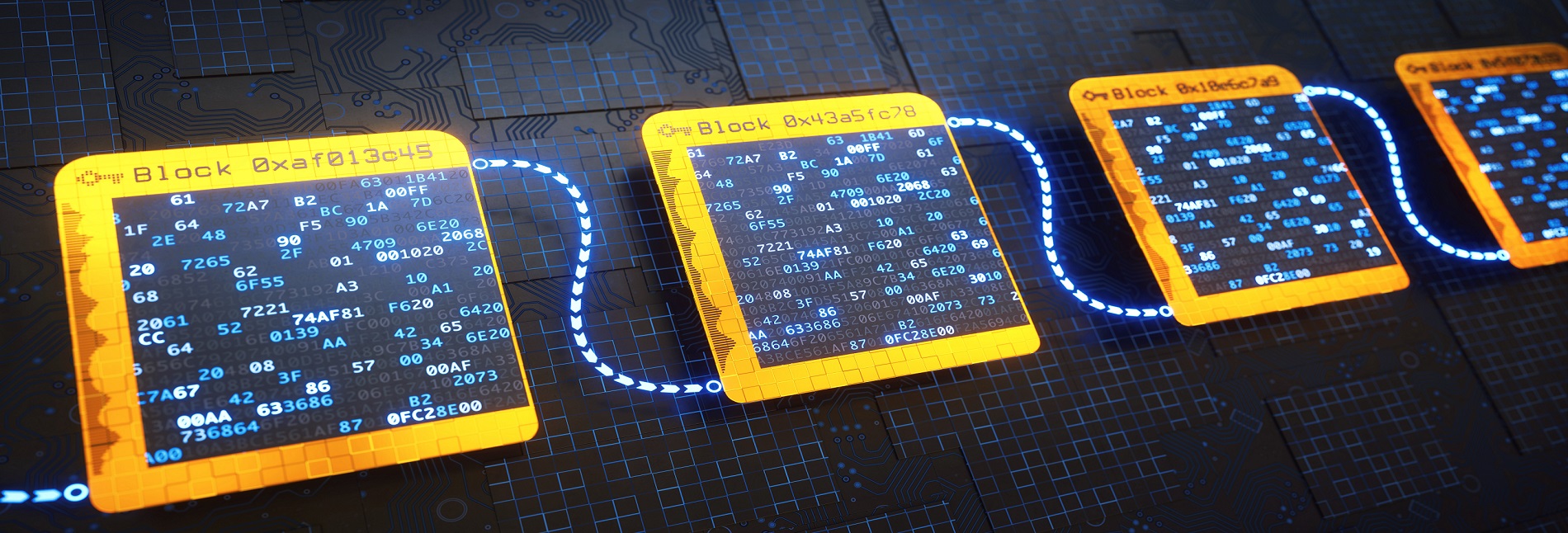Product design
We can support efficient product designs for a range of applications
Design of products requires extensive expertise in many areas including mechanical, electrical, sensors, assembly processes, fabrication principles, appreciation of machining tool capabilities, materials, processing components, simulation based testing such as finite element analysis, sealing and gaskets, and many other areas. The designing process starts with a detailed customer specification which is translated into a technical specification of the product that will guide its electro-mechanical design. The process can be very challenging because of the following reasons:
- If the product is to be miniaturised, the selection of small footprint components with high performance is not easy. There will be limited number of suppliers for such specialised components and they will be sold at a premium price.
- If the product is to be placed in areas with high levels of vibration or shock, it will require military spec connectors and vibration insulators. Prototypes have to be tested in simulated conditions to ensure that product will not fail prematurely or too regularly.
- If the product is to have computer parts or electronics that generates heat within IP67 sealed enclosures, effective heat management is an important part of design consideration.
- If the product is to be used outdoors, moisture and water seepage and high levels of humidity can damage it. Appropriate seals must be designed to protect the equipment.
- If the product is to be used in areas that require specific compliances and standards related to fire safety, shock and vibration, electromagnetic interference, electrical safety, handling and storage, and others, then the design must satisfy these.
- If the provision of power is limited, or battery operated systems are desired, it may change the fundamental design of overall equipment because all sub-components added together cannot consume more power than what is available. This can seriously affect the choice of components.
- If the weight of the product has to be limited, e.g. drone mounted equipment, it will affect the choice of components and design.
- If the product has to be interfaced with other components, the choice of connectors and conduits plays a key role. These must be fit for the environment, compact, efficient in transferring data at high rates and sealed.
Our expertise includes but is not limited to:
- Design of products from concept to prototypes
- Design of sealed, low-power, compact, compliant products that are fit for purpose
- Designing that balances final system cost versus user needs and specifications
- Component selection to address the above identified challenges
- Simulation of designs before they are built
- Integration of high end processors, FPGAs, and AI chips with custom designed PCB control circuits within products where needed
- Stress testing with simulation and prototypes by designing test conditions that mimic real-world conditions










